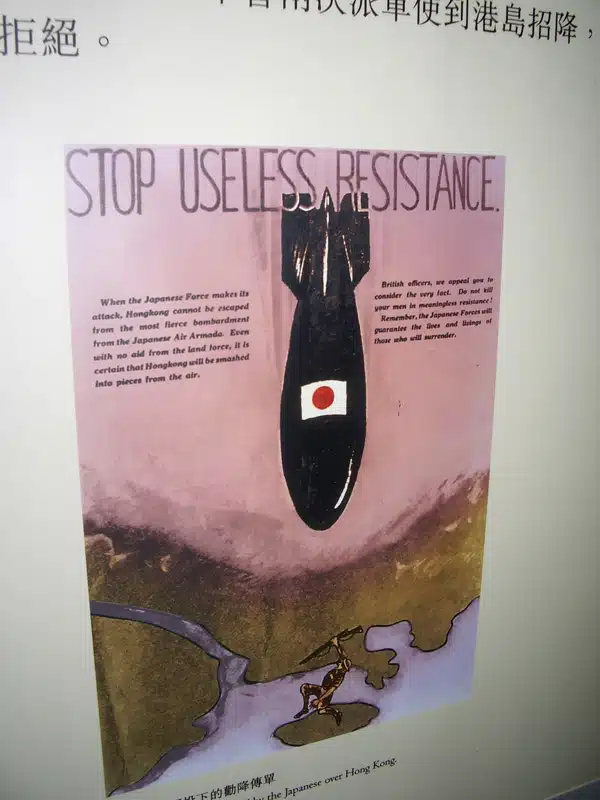Posted inQuestion about Japan
How late is late in Japan?
This article discusses the cultural context of time in Japan and how punctuality is highly valued and expected of all citizens. It covers topics such as business etiquette regarding punctuality, social etiquette regarding punctuality, understanding the concept of Ma (間), how late is too late, what to do if you’re going to be late, and provides resources for further reading. It is generally accepted that one should arrive 15 minutes before a meeting or appointment and 10-15 minutes after a social event has been scheduled. Understanding the concept of Ma (間) is important so that everyone has enough space/time between activities without feeling rushed. Finally arriving more than 30 minutes after a meeting/appointment could lead others to think less favorably about your character due to your lack of respect towards their valuable time.








